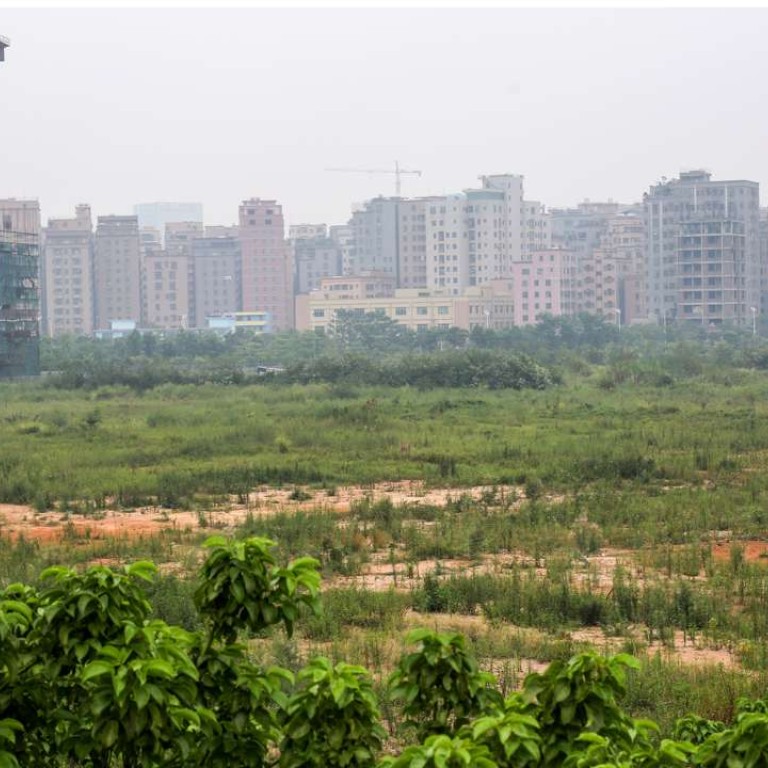
Can Shenzhen be a new model for equitable development in China?
Pu Gu believes businesses have a duty to society beyond making money, and lauds a recent project in Shenzhen that aims to provide housing for the elderly
Today, my home of Shenzhen looks nothing like the sleepy market town of 30,000 people I knew as a boy. Over the past 20 years, the city has transformed from a stop along the Kowloon-Canton railway into a major population centre in China, the majority of them non-locals.
The city’s rise has been nothing short of meteoric. As a business leader, I have overseen countless building projects over the past 20 years. I have to ask myself: am I building my business and the community in a way that honours my beliefs? Am I benefiting at the expense of others? Do our buildings grow so tall that those on the ground below view them as palaces of the rich rather than a place where they might work or live?
Surprise, Hong Kong’s next door neighbour Shenzhen is the priciest city in China
To say that the old Shenzhen is gone would be a tremendous understatement, and to try to recreate it would be futile. Instead, business and community leaders should attempt to breathe new life into the good ideas of the past. Think of society as a strand of DNA: we must attempt to splice healthy genes into it even as it mutates.
One “healthy gene” is not viewing success only in terms of profit; there is a far more important bottom line to consider: the welfare of the people.
The difficultly is, of course, how to implement these ideals. How do we continue to develop Shenzhen while ensuring the most vulnerable citizens do not slip through the cracks? How do we hold fast to the ideals of Confucius, while so many slip into a greedy nihilism that can derail the best intentions of industry and government? As a builder, I think keeping the cost of daily living affordable is a vital step. It is unacceptable that, today, average home prices in Shenzhen are so high.
Hong Kong homes shrink as prices soar, and affordability goes out the window
Such a high cost of living is unsustainable, propping up a housing bubble that will eventually burst, while also placing an undue burden on the less fortunate. Profitable businesses should do more to invest in projects that provide housing to those in need, not as charity but because it is common human decency to do so. That way, we can build a society that serves the common good.
Such a project sets a compelling example for the new year, one that balances the need for development with the good of the people.
Pu Gu is co-founder and executive vice-president of the publicly held Shenzhen Bauing Construction Group, and a professor at the School of Business at Guangdong University of Foreign Studies
